|
What does Selina do in Seoul? – After returning to Korea in 2007, she took up a teaching position, educating under-privileged children in one of the poorest and oldest areas of Koyang si – Kwansan. It is a Seoul City - Korean government sponsored programme, that enables financially stricken families additional assistance for educating their children. Most children coming to the school centre are from one parent families or no parent families. They are often the victims of family abuse, or in such cases where family members have been lost through terminal illness or car accidents. The hours are not so long, starting at noon until 6pm in the evening. However, although there are scheduled 10 minutes between the 70 minutes lessons, she rarely gets to rest due to the high volume of children attending the school. These break periods are usually spent ushering children in and out the classroom, directing parents and tending to inquiries. It is a relentless job, but the positive points well outweigh the frustrations of trying to educate 260 kids in a single week. Now days, Selina finds little time to report for national television. Her mornings are spent educating her 11 years old son via Brisbane Distance Education. Whatever time there is left, is used for writing or translating. Often running short of time, she frequently needs to rise early in the morning, so that she can work on a new chapter or jot down an idea that has sprung up over night. "If I don't get it down on paper, straight away, I have no time during the day to record my ideas. Occasionally, I do get stuck though. An idea might come to me in midst of doing something mundane like driving, then I have to pull over for a minute or two to jot down a few words to prompt me for later. It is not the best of conditions, but its works." Once mornings are over, then it's off to the school centre, which is an hour away by car. Selina's son comes with her; bringing additional work he has not finished earlier. While she teaches, Ethan completes his the rest of his studies. If he has problems, he is tended to like any other student in the classroom. When he is not busy, he interacts with the Korean children - conversing, playing or even helping them out with English sentence structure. "He is a great asset to the children, their learning and the classroom in general. Often my days are so busy, I call on him to photocopy or chat to the children - so I can get five minutes to myself to visit the toilet or to make myself a very needed cup of coffee. There is no such thing as rest, in this job." Although lessons finish around 6 pm, she is rarely home before 9 pm, every evening. The classroom needs ordering, cleaning or preparations need to be done for the following day. Occasionally, she takes additional after school lessons for children whom can't afford the 20,000 won monthly education fee, which is roughly A$20. "This isn't much to an Aussie, but to these types of families, it is an extreme burden on their budgets. I never refuse these types of kids entrance to the programme, as they so often make the best students – they are really there to learn and are out to improve their family's conditions in the long run." "Teaching in this area of the country is so very different to teaching in other parts of the country. Children and family alike, are humble yet conscientious of the fact that this is often a very difficult teaching situation. They bring in melons, pumpkins or other vegetables from their small gardens to substitute the fact that they can't pay the fees, or to help out families worse off than they themselves, might be. It is very much a family atmosphere, where families bond together constantly pooling their energies to collect each other's kids from the local school or home, so that they can attend the school centre. In this atmosphere of learning, the teaching process really works, as each pupil is there for only one common reason – to learn." "I love teaching under these conditions. Pupils progress from not being able to read a word when they come or even hold a pencil, to competent literate beings, ready to take on the world."
Driving home, Selina catches up on some very needed, stimulating, intelligent conversation with her son. The days escapades are at the top of the list for discussion. More often than enough, it is to discuss something scientific, that has caught his attention during the course of his studies. Once home, they settle down to dinner - either in front of the telly to watch NCIS or the kitchen for round two of intense conversation regarding the state of the universe. "Unfortunately, we both enjoy scintillating conversation, which frequently ends up continued into the wee hours of the morning – no...this is not a good recipe for getting any sleep, but it is a wonderful way to keep a stronger bonded relationship with my son." |
ContributorsIn staff writers contribute to the news and events at Sketa Oz. If you would like to write for us, let us know. Trending
All
|
Need Support? |
Get to Know Us |
© SKETA OZ DESIGN 2024
ALL RIGHTS RESERVED |
Australia | Korea

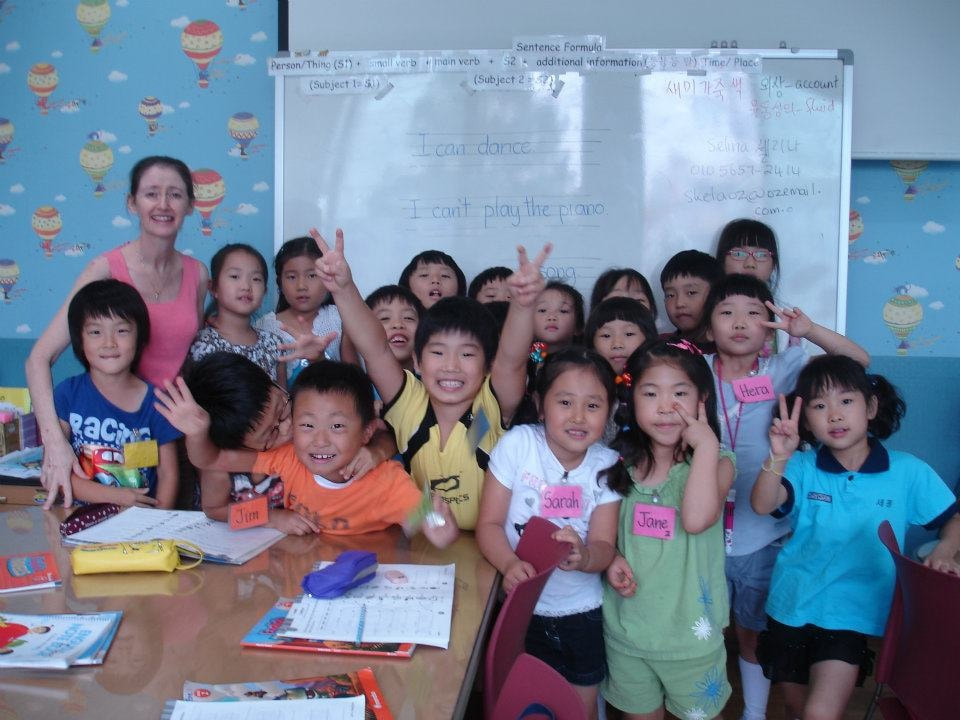
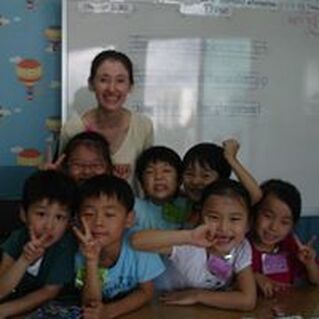
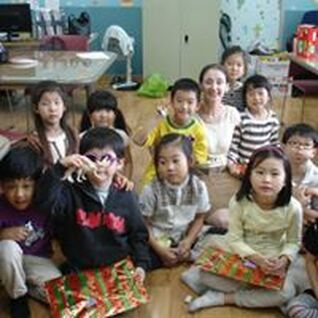
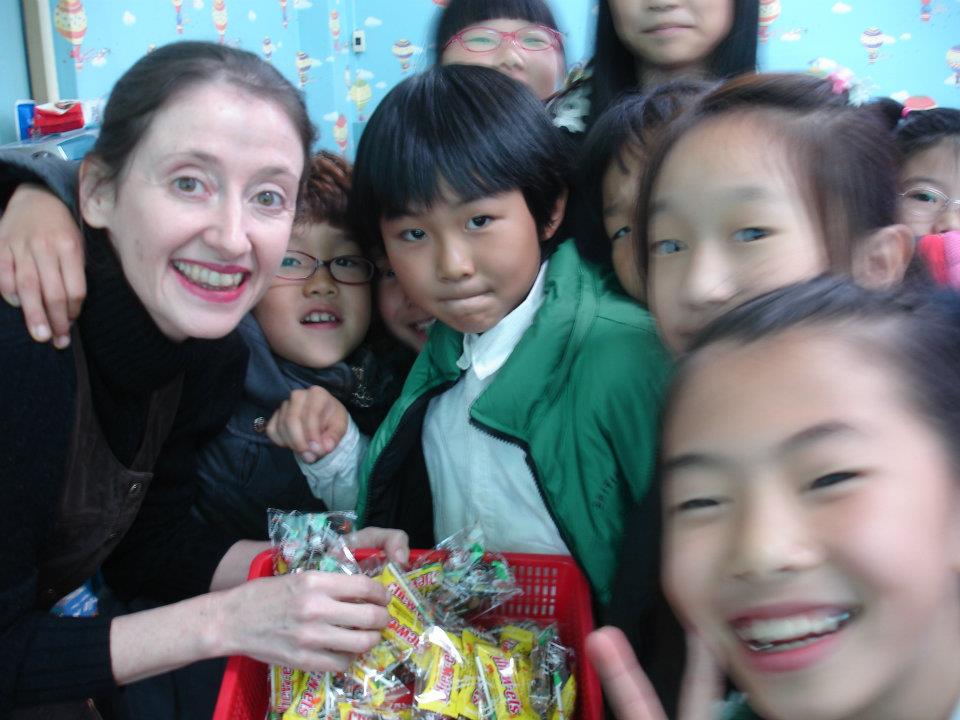
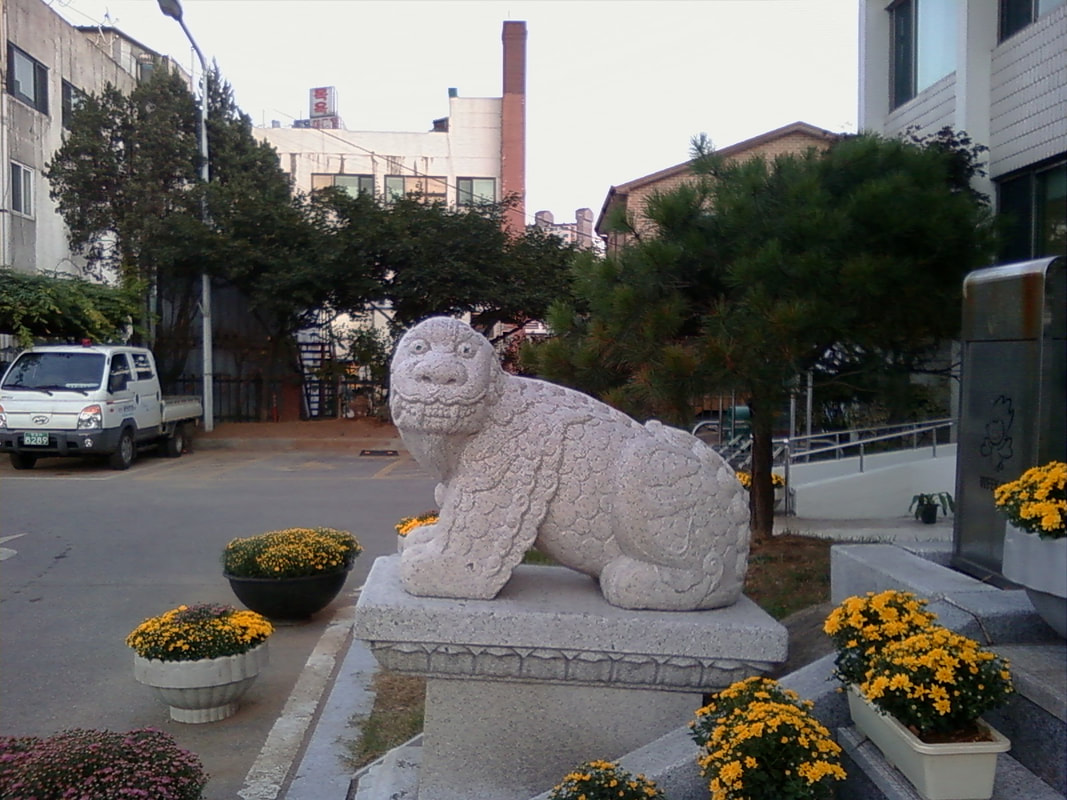
 RSS Feed
RSS Feed
